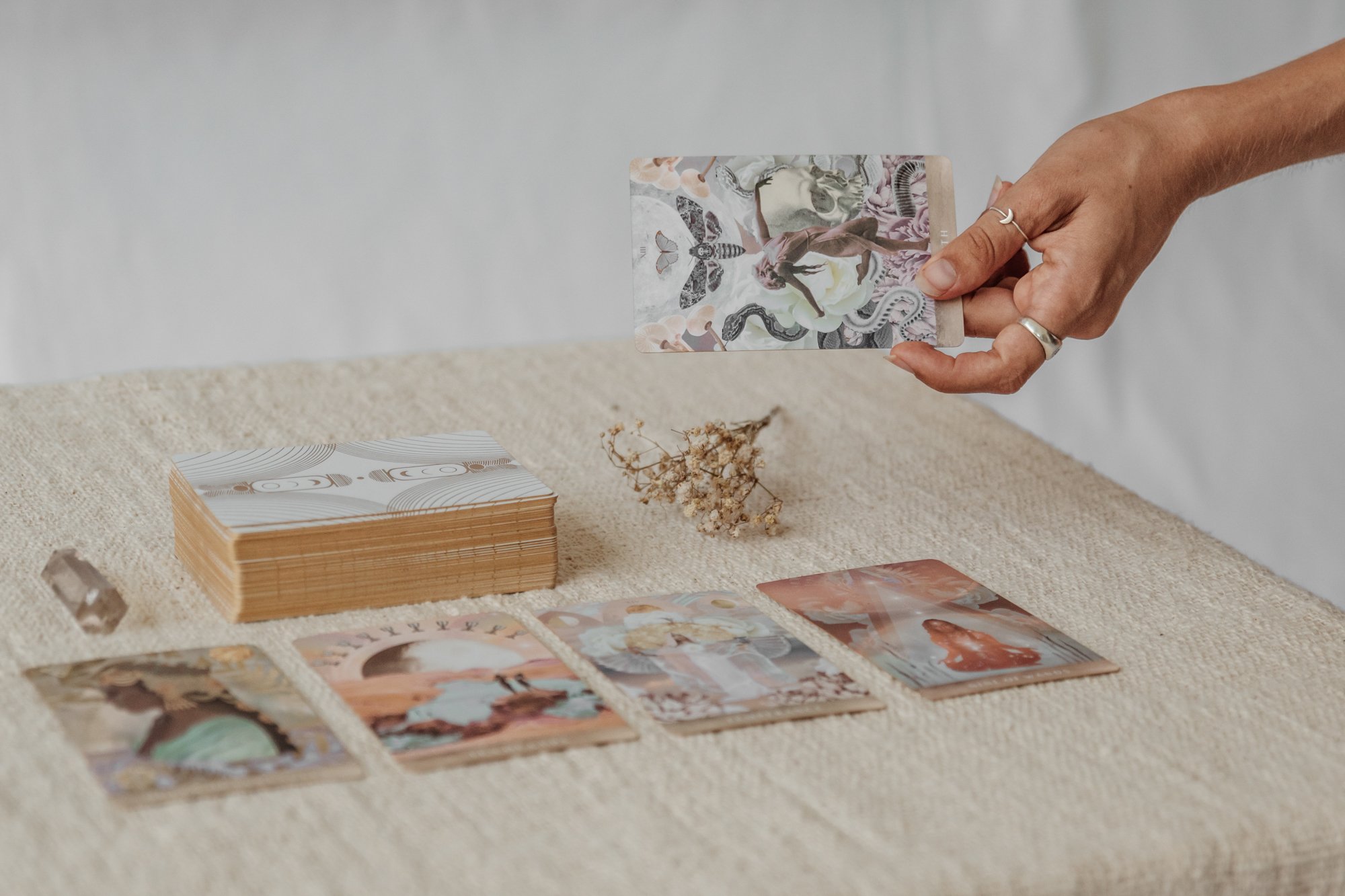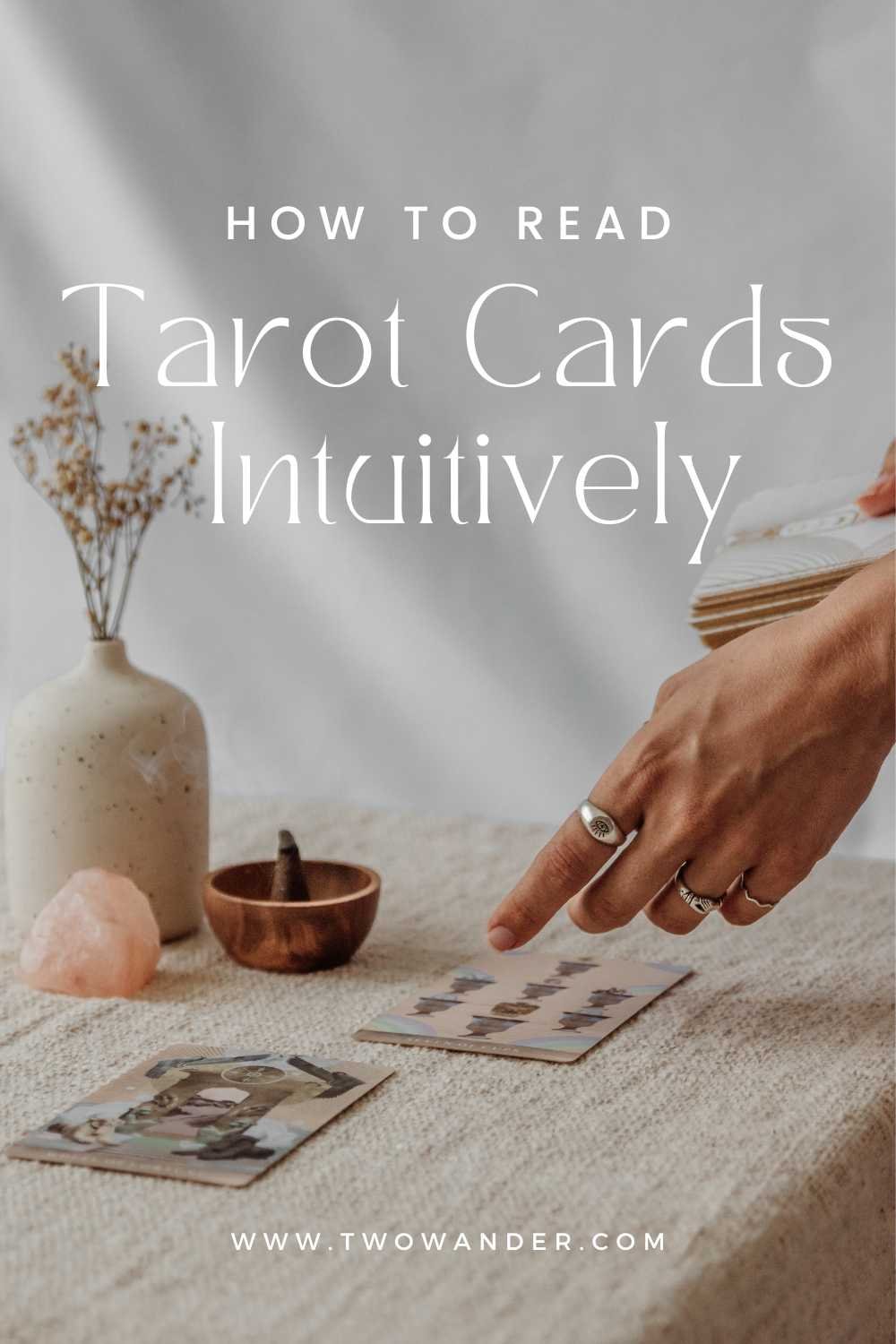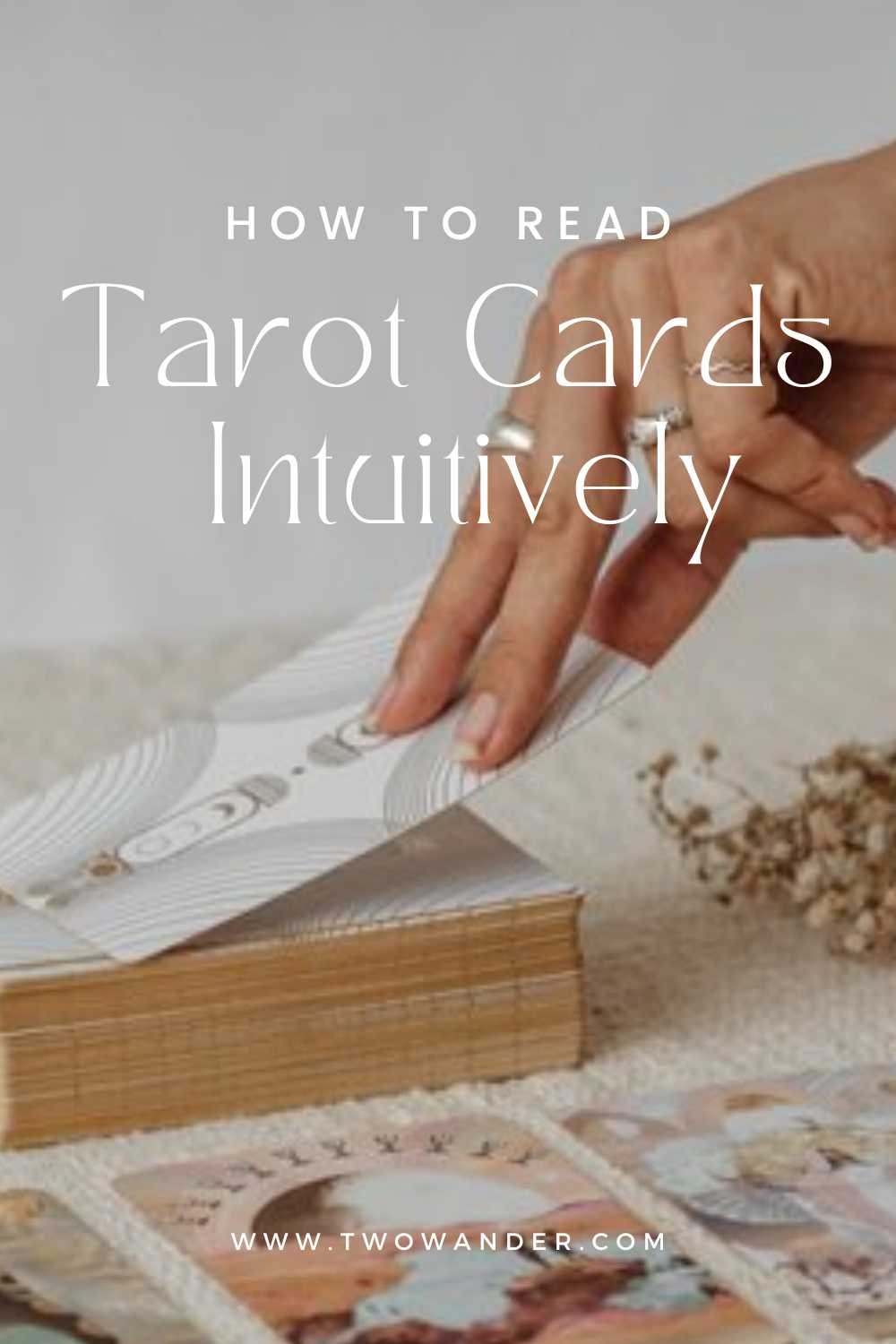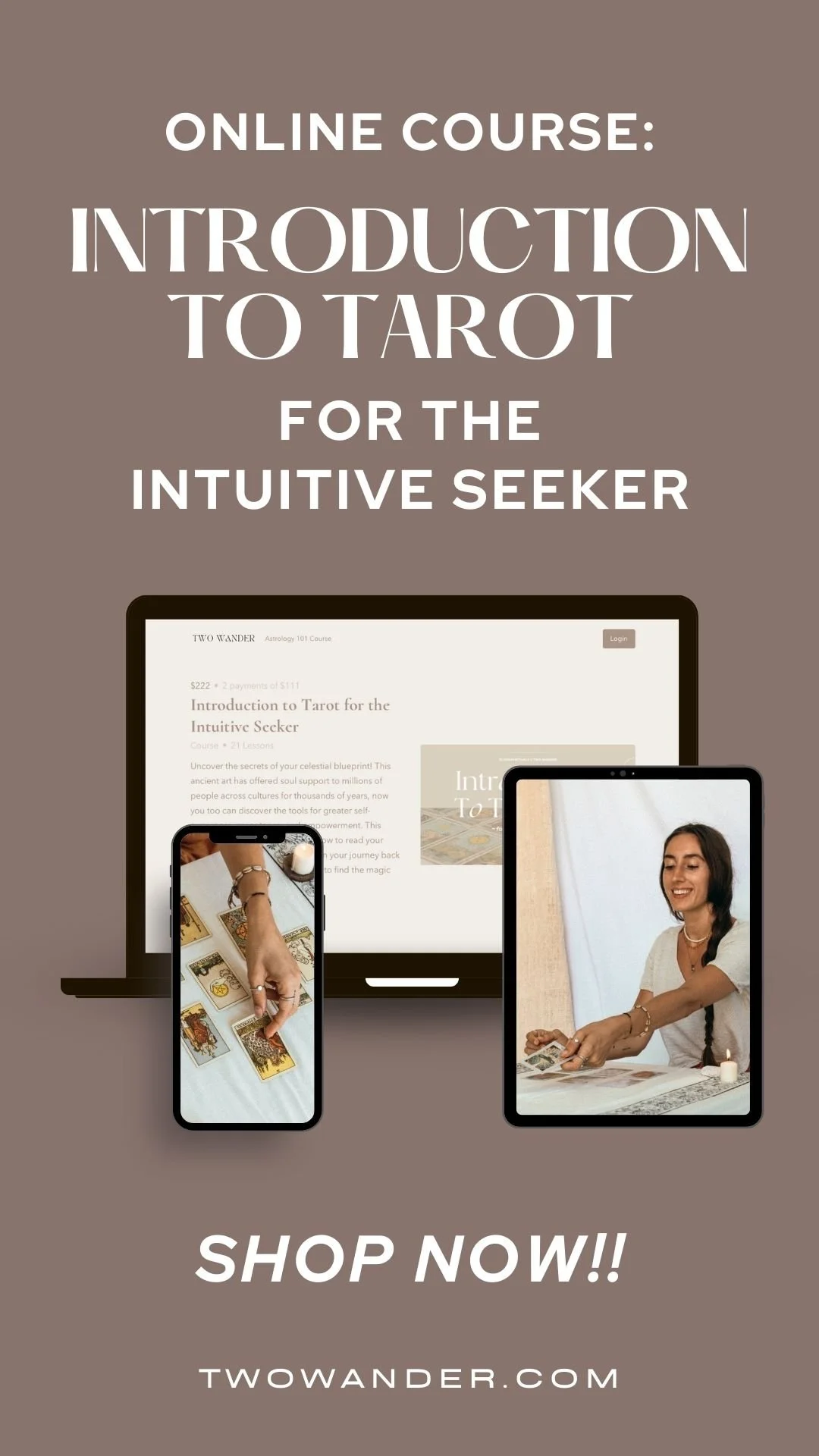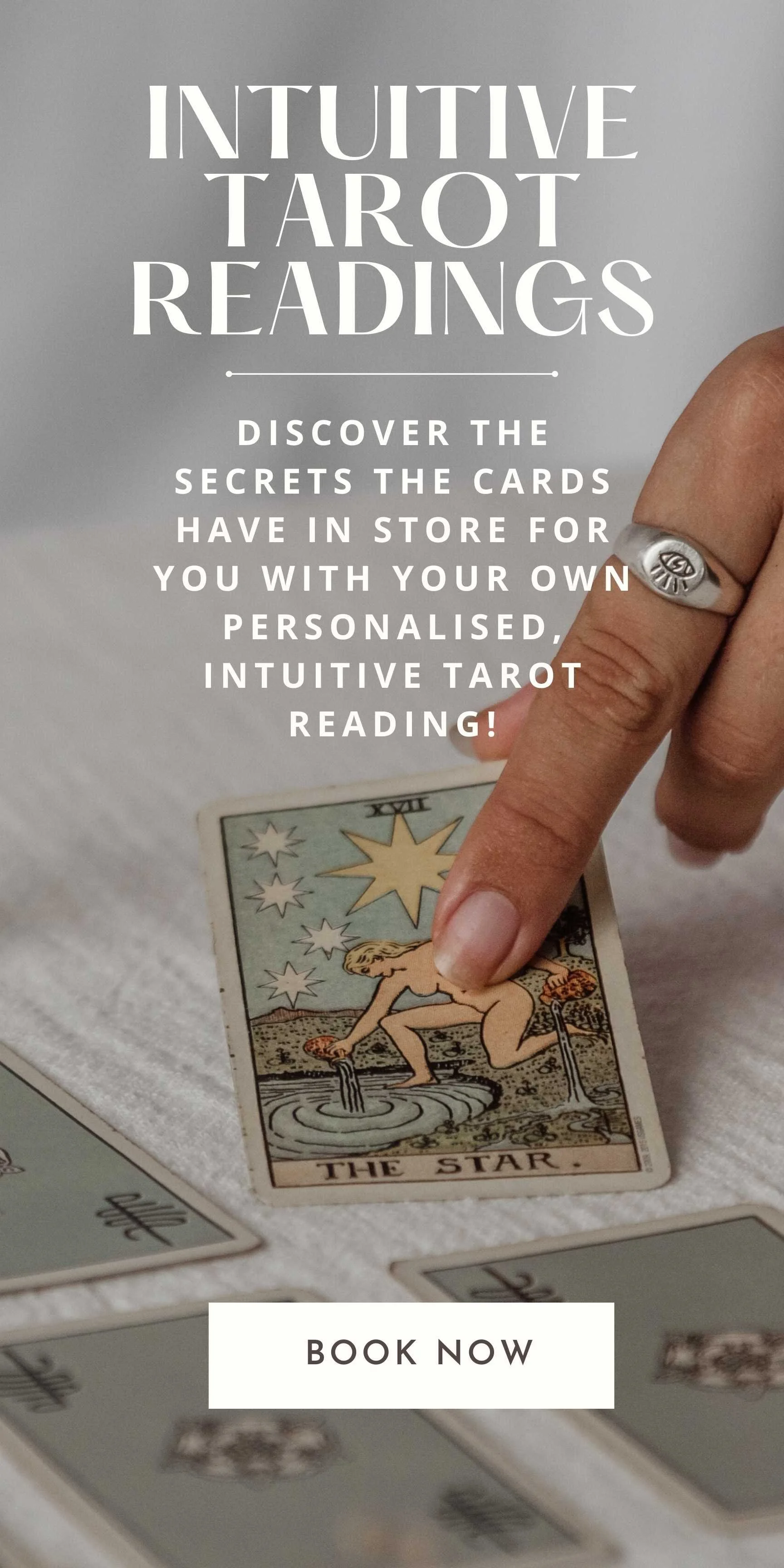How To Read Tarot Cards Intuitively
Please note this post may contain affiliate links. If you choose to purchase through them, we may receive a small commission at no extra cost to you. By using these links you are directly supporting us to continue providing mystical musings. Thank you!
How To Read Tarot Cards Intuitively
Tarot cards hold a deep and rich history, one imbued with myth and archetype, Astrology and numerology, and beyond. They are held in the collective unconscious, allowing for a deep pool of insight from which to draw upon each time we read. All of us are intuitive, and it is a muscle that can be strengthened with time just like any other. To read Tarot accurately is to be intuitive, it takes intuition to know which interpretation (each card holds many!) is valid for the question at hand, and when to throw out the rule books altogether and listen to the whispers within. With practice, they will get louder.
Below is a guest post for how to read Tarot cards intuitively:
How to Use Your Intuition for Reading Tarot
There comes a turning point in a Tarot reader’s evolution, a shift where their Tarot readings really start to elevate. It arrives when they open themselves to interpreting cards intuitively. They step beyond a reliance solely on traditional meanings and allow their inner wisdom to shine. It takes confidence to trust your intuition to this degree. But, in doing so, you will uncover some of the most profound insights. Let’s jump into intuitive Tarot card reading and see how you can use it to expand your practice.
Intuitive Tarot Readings
A natural part of the Tarot journey is looking up card meanings to understand how to interpret them. The Smith-Rider-Waite Tarot deck is so rich with symbolism that it is fascinating to learn about its meanings and implications. However, the Tarot deck goes much deeper than explicit textbook-style interpretations. Its imagery evokes powerful emotions within you. The themes and concepts capture the overarching themes of life all the way down to the finer nuances of the human experience.
So, instead of considering solely what a guidebook is telling you, think about what you are telling yourself. Consider the faint, wise voice deep within yourself. Hear the perspective of your Spirit Guides. Embrace the guidance of your higher self. These are the first steps of opening your third eye and developing your Intuition to serve you both in Tarot readings as well as continuously throughout your life.
Examples of Intuitive Tarot Interpretation
If you pull a Minor Arcana card, such as the Four of Swords, the card may be trying to tell you something that is not related to action/thinking (as is the theme of swords) or being in a state of stasis (four of swords premise). There may be something about the knight’s tomb, or the stained-glass window, or the hung swords that evokes something within you.
You are free to take liberty in your interpretation of the imagery, as the ideas presented by your intuition and spirit guides can supersede your knowledge of the standard meanings of the cards.
Let’s also explore The Emperor. Notice the strong red colour that dominates the card. See the Emperor’s thoughtful gaze. Feel the power emanating from their ram-adorned throne. Note the mystique of their scepter. What does it all make you feel? Which people or events in your life does this remind you of? What kind of memories does it stir up in your mind? These are what you should listen for inside yourself to receive messages from your intuition.
Traditional Tarot Meanings
It’s important to know the traditional meanings of each card. Understanding the Fool’s Journey, the symbolism embedded within the Major Arcana, the energies of each suit in the Minor Arcana, and the significance of each number are foundational for being a great Tarot reader.
At the same time, it is easy to fall into the trap of being “mechanical”. This means piecing together a story like a computer program would: “meaning of card X in the context of spread Y equals…”. In doing so, you sacrifice perhaps the most crucial element of reading. An area where intuition is especially preferable is using Tarot to predict the timing of when something will happen. Structured systems for timing can sometimes be too rigid in this use case. Interpreting the cards more abstractly and nuancedly may serve you well here.
To learn more about the world of Tarot, enrol in my Intuitive Tarot Course!
Trusting your Intuition
You have deep wisdom stored within you. You pull from the Universal Intelligence of which we are all connected. So, trust your inner voice! Listen to what your intuition is telling you. Just because the book meaning of a card is a certain way does not mean that’s the only concrete interpretation. It’s daunting first thing, but Intuitive reading is fulfilling. You will cherish the moments you went with your gut in a reading and found meaningful insight. You took a risk by veering a little bit “off script” but met with powerful guidance. This kind of connection with your Intuition is especially valuable if you are reading your own cards to find clarity in your life.
Sometimes when you’re reading for someone else, you’ll have a moment of self-doubt. You might feel a second of concern and wonder if you should have played it safe. But then you see your client’s face light up. Lightbulb moment. You nailed it! After that first experience, your Tarot reading is changed. You see the power of Intuitive reading and know to trust your heart. Don’t get Discouraged! Intuitive Tarot reading can sometimes be a challenging endeavor. Although it’s rewarding, it takes focus and practice.
Sometimes, you may feel shut out from your intuition. That is totally normal, especially in the beginning, because you are not going to be on your A-game every day. If you’re not picking up on signs and messages from your subconscious, simply stick to the traditional Tarot card meanings as usual for your reading. Intuitive reading is like working out a muscle. It’s tough at first, but you start to see progress quickly. Eventually, you realize you are miles ahead of where you started.
Along the way, make sure you don’t slip into negative, self-critical thinking. When you start exploring the territory of relying on your intuition, you may have some mishaps. You may overthink something by listening to anxious thoughts instead of the voice of your higher self. Totally okay. Just keep practicing and don’t get discouraged.
Basic tips for intuitive reading:
Clear your mind; be present and still. Tune out distracting energies and the stresses of your daily life
Have a sacred space specifically for your Spiritual practice
Shuffle thoroughly while immersing yourself in the question, channeling energy into the cards
Remain neutral and acknowledge your biases. Make a note to yourself if you realize you are hoping for a certain outcome or for specific cards to emerge
Cleanse your Tarot deck to reset if you are having trouble
Write your observations in your Tarot Journal to pick up on patterns among you readings
Tarot is a deeply personal practice. Spend time with your cards and see what works best for you. And be patient with yourself. Your Intuition may currently speak to you as a faint whisper, but over time it will become clearer. Trust yourself and enjoy developing your Spiritual practice with Intuitive Reading.
I hope you enjoyed this guest post on how to read Tarot intuitively, feel free to let me know if you have any questions or anything else to add in the comments section below!
If you would like me to personally interpret the cards for you, book in a private 1:1 session with me. Alternatively, to learn Tarot meanings yourself, get our Beginner’s Tarot Guidebook or the Immersion Pack complete with 36 Tarot spreads!
For a weekly free Tarot lesson, sign up to our weekly love letter, and for in-depth monthly Tarot guidance along with other mystic content magic- join me in the Spirit Subscription! ✨
Guest post authors bio:
Alex is a long-time Tarot reader who has taught hundreds of students over the years. On her site Intuitive Souls she writes about a variety of topics related to Tarot and Spirituality.


